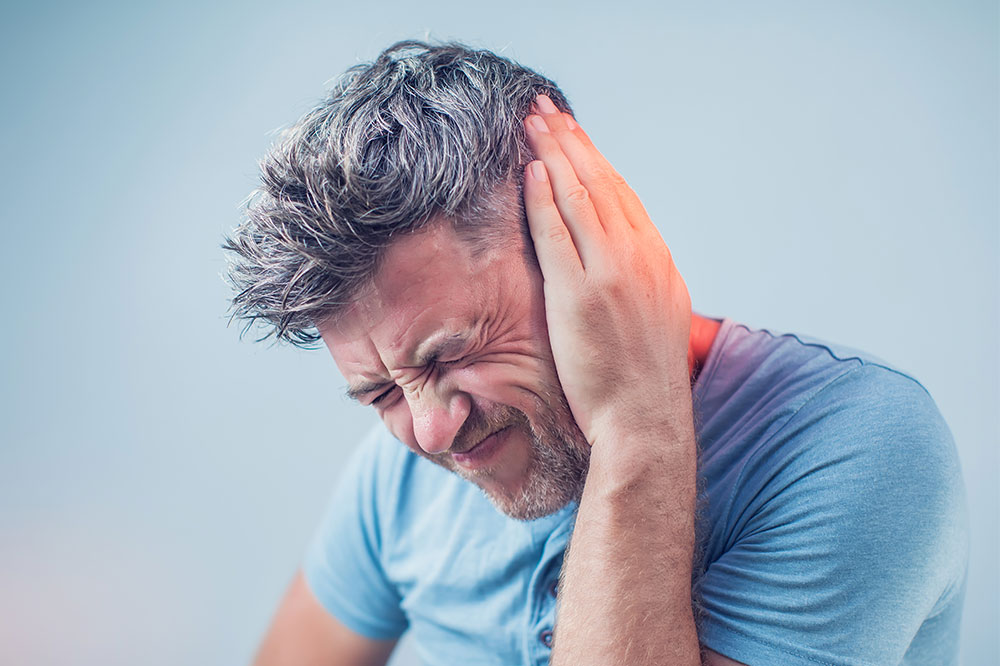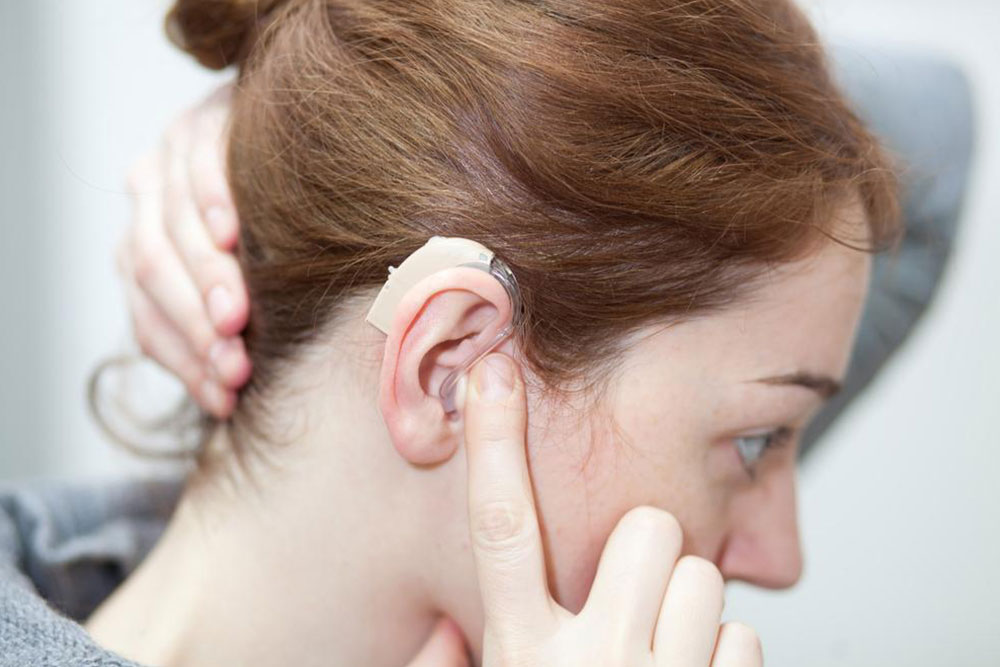Understanding Ear Tinnitus: Symptoms, Treatments, and Management Tips
Discover comprehensive insights into ear tinnitus, including symptoms, available treatments, and effective coping strategies. While a permanent cure remains elusive, lifestyle modifications, counseling, and medical options can significantly improve quality of life. Understanding tinnitus helps sufferers manage symptoms better, with a focus on stress reduction and support. Ongoing research continues to seek more effective solutions, encouraging optimism for the future.

Understanding Ear Tinnitus: Symptoms, Treatments, and Management Tips
Tinnitus, once a lesser-known condition, now attracts widespread attention. Many individuals seek effective ways to manage the persistent ringing, buzzing, or roaring sounds in their ears. Unfortunately, there is no permanent cure for tinnitus; current options include medications, therapies, and psychological strategies to help cope with the condition. While these may not eliminate tinnitus entirely, they can significantly improve quality of life. Read on for insights into managing tinnitus effectively.
The relentless noise in your ears can be quite distressing and varies in intensity among sufferers.
Many individuals adapt to tinnitus as part of their daily routine, but others find it overwhelming. It’s important to understand that tinnitus isn’t curable at present. Making environmental and lifestyle adjustments can help ease symptoms. Since tinnitus affects internal auditory processes without visible signs, management focuses on symptom mitigation. The persistent ringing or buzzing in the ears can be managed with medical interventions, hearing aids, and home remedies.
Various treatment options exist, including hearing aids and sound therapy, along with simple home remedies. Some claim natural cures or injections provide temporary relief, but these are unproven and may only mask symptoms. Home remedies are generally safe and can be worth trying for some relief. Despite the challenges, tinnitus doesn’t have to control your life; many learn to live with occasional episodes. Counseling and therapy are valuable for those severely affected.
Psychological Support and Therapies
To cope better, some sufferers seek professional counseling to develop coping strategies. Support groups and peer interactions provide mental and emotional relief. Research indicates that tinnitus often coincides with mild to severe hearing loss, with hearing aids offering partial symptom relief for some individuals. These devices can enhance auditory input, reducing tinnitus perception. Nonetheless, personalized medical consultation is essential as strategies vary. Ongoing research continues to seek more effective treatments.
Strategies for Managing Tinnitus
Adaptation varies from person to person; choices depend on individual responses. Stress reduction, adequate rest, avoiding loud environments, and relaxation techniques have proven beneficial. Eliminating triggers like caffeine, alcohol, and smoking might lessen symptom severity. Alternative methods such as sound therapy, hypnosis, acupuncture, or chiropractic care have been explored, but their scientific validity remains uncertain. Currently, no definitive cure exists, but patience and positive outlooks are vital. Future breakthroughs may offer better solutions, but for now, managing tinnitus with a hopeful mindset is essential.
While the quest for a cure continues, effective management relies on patience, lifestyle adjustments, and mental resilience. Staying positive and seeking support are crucial for living well despite tinnitus.










